RFID Privacy Risks: How to Secure Your Data in 2025
1174Protect your business from RFID data breaches in 2025. Cykeo reveals top risks, encryption strategies, and compliant solutions for secure RFID tagging.
MoreAll RFID Product
Ever wonder how warehouses can keep track of hundreds of items in seconds, or how parking lots can automatically recognize cars as they drive in? Most of the time, the magic behind this is UHF RFID. Let’s break it down in plain terms.
RFID stands for Radio-Frequency Identification. Think of it like a high-tech name tag that talks to a reader. A basic system has three parts:
UHF stands for Ultra-High Frequency, usually in the 860–960 MHz range (depends on your country). UHF tags, especially passive ones, don’t have batteries. They “wake up” when they enter the reader’s signal. Compared to low-frequency (LF) or high-frequency (HF) tags, UHF tags can be read from further away and much faster. That’s why warehouses and logistics love them.
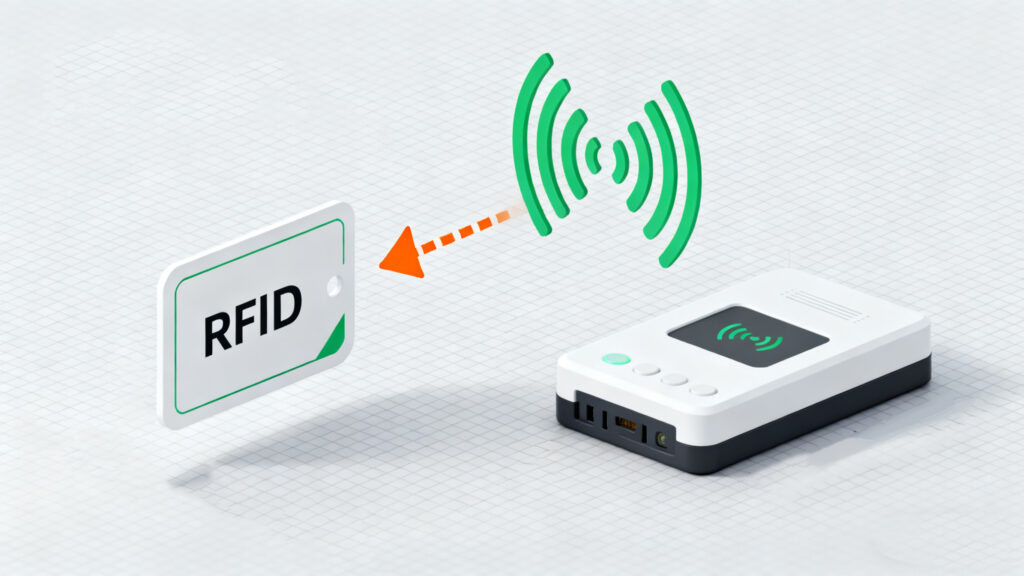
A UHF reader is basically the “ear” of the system. Here’s what it does:
You’ll see them in two main forms: fixed readers, like at a warehouse gate or parking entrance, and handheld readers, which people use to scan items or do inventory checks.
Here’s a real-world way to think about it:
This back-and-forth is called backscatter communication. It’s clever because tags don’t need a battery—they can just piggyback off the reader’s signal.
UHF isn’t perfect:
A UHF RFID reader is a smart tool that makes tracking things fast and easy. It can read items from a distance, handle many at once, and plug into software for smooth operations. With the right setup, it saves time, cuts errors, and keeps everything running efficiently.
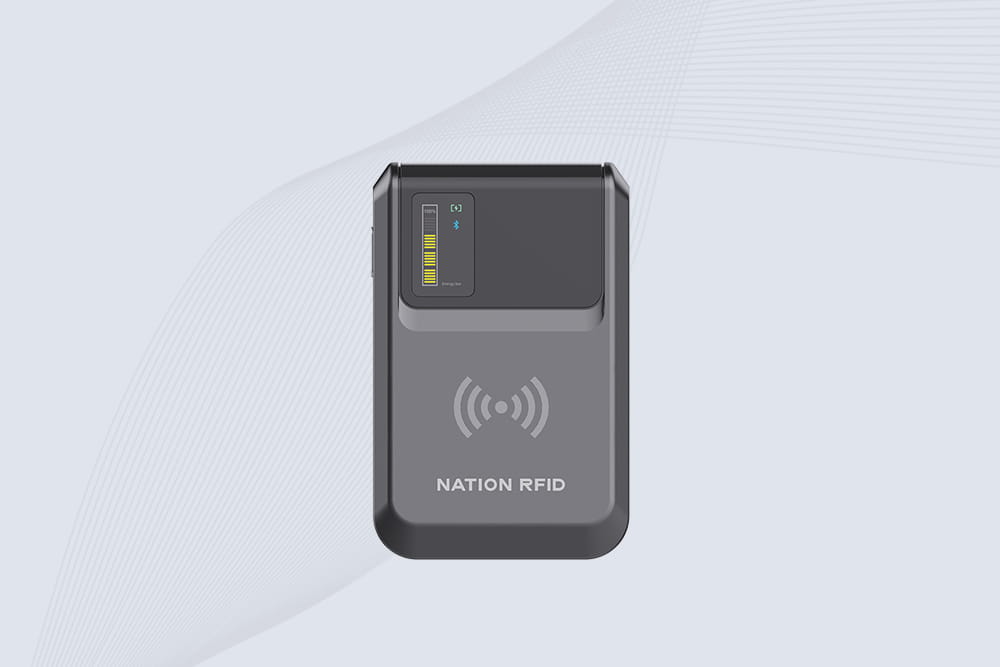
Cykeo CYKEO-B5L portable iPhone RFID reader features 8m range, 500 tags/sec scanning, and built-in 10000mAh charger. Perfect for retail/warehouse teams needing iOS integration.
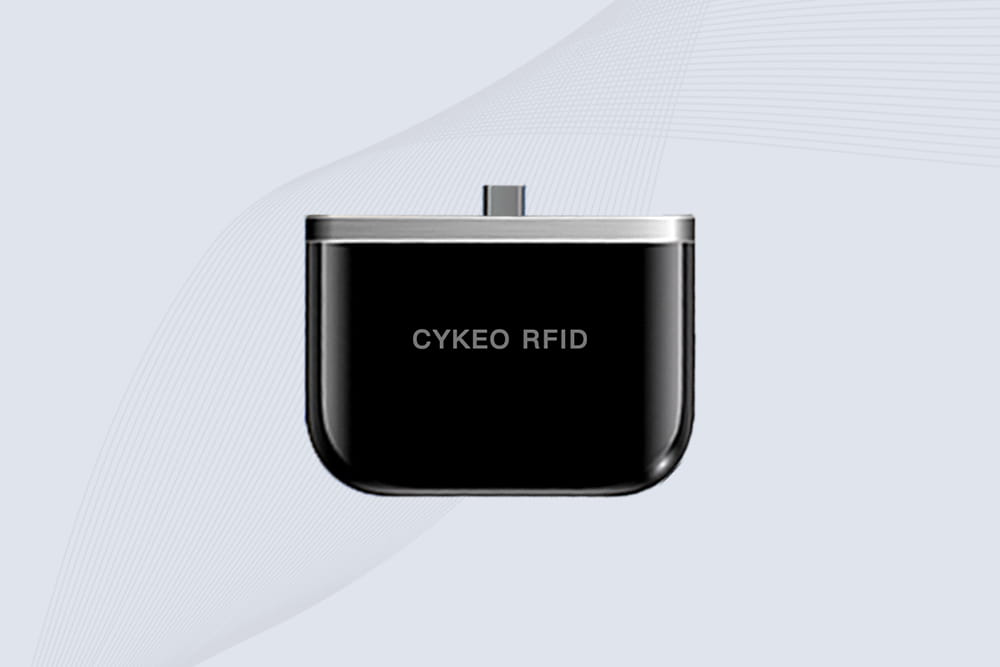
Cykeo CYKEO-B4L Android RFID reader features 37g magnetic phone attachment, 30cm UHF scanning, and Java/C# SDK for mobile asset tracking. Ideal for anti-counterfeit and warehouse verification.
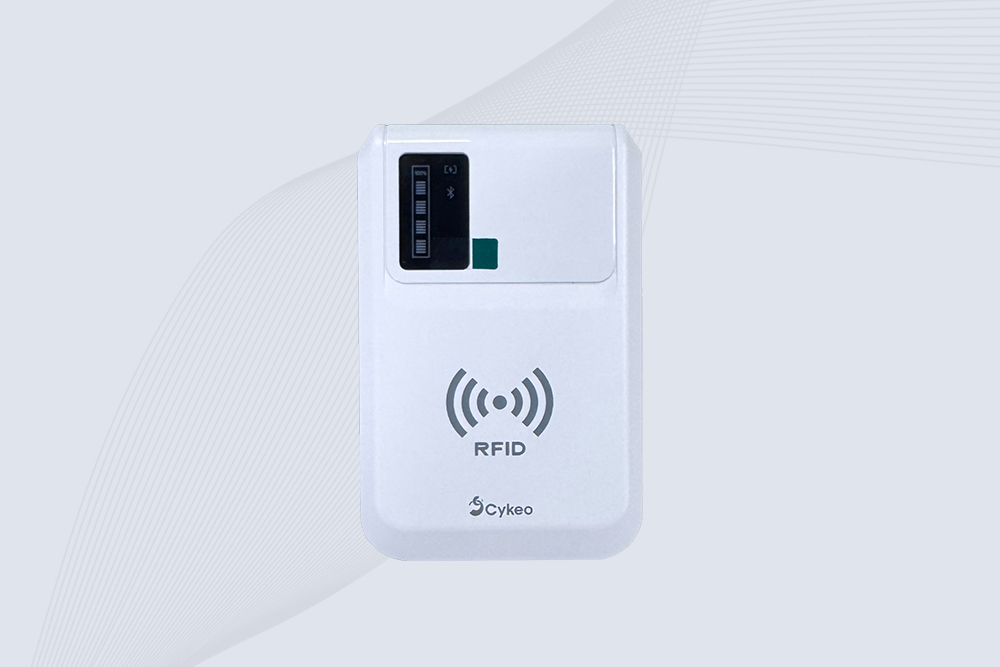
CYKEO CYKEO-B5L RFID Chip Reader iPhone delivers long-range UHF scanning, iOS compatibility, and all-day battery life. A compact RFID Tag Reader iPhone solution for retail, healthcare, and mobile inventory tracking.
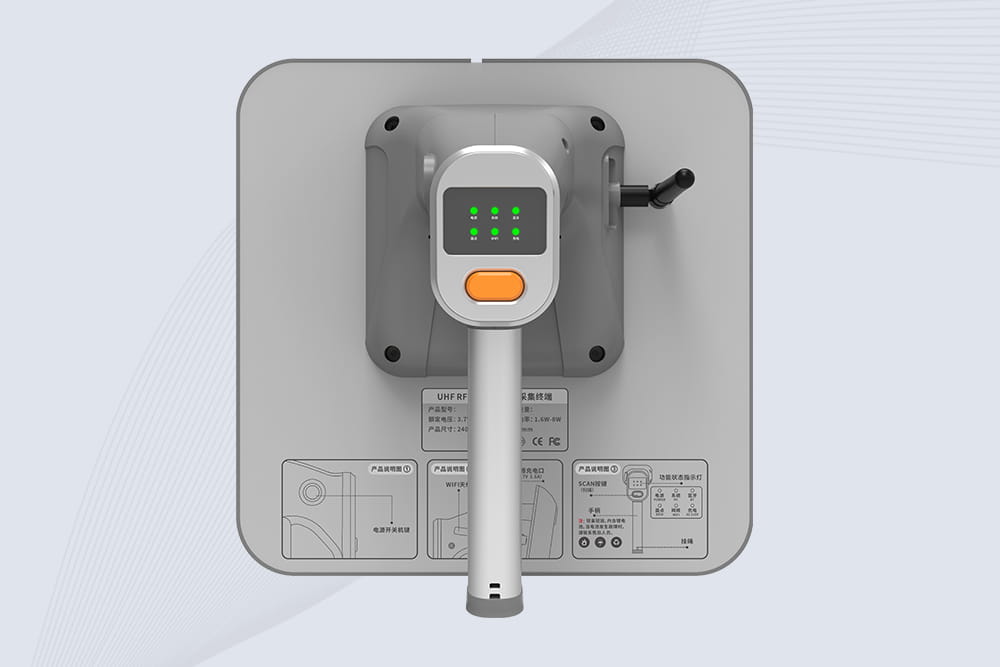
Cykeo CYKEO-B9 UHF Bluetooth handheld RFID scanner features 12m UHF range, 200+ tags/sec scanning, IP67 rugged design for retail/warehouse/pharma. Supports Android SDK & real-time Bluetooth 5.0 transmission.
Protect your business from RFID data breaches in 2025. Cykeo reveals top risks, encryption strategies, and compliant solutions for secure RFID tagging.
MoreDiscover if iPhones can read RFID tags natively. Learn how Cykeo's rfid tag reader iphone enables iPhone RFID scanning for access control, inventory & more.
MoreMost iPhones can only scan NFC tags, If you need real RFID UHF tag reader ,the iPhone needs extra hardware. Here is how the Cykeo CK-R10A plugs that gap and turns your phone into a practical UHF RFID tool.
MoreCan I make my own RFID reader? Yes, with Arduino or Raspberry Pi for HF tags. But UHF is harder, and commercial deployment is a different game. Here's what to expect.
More